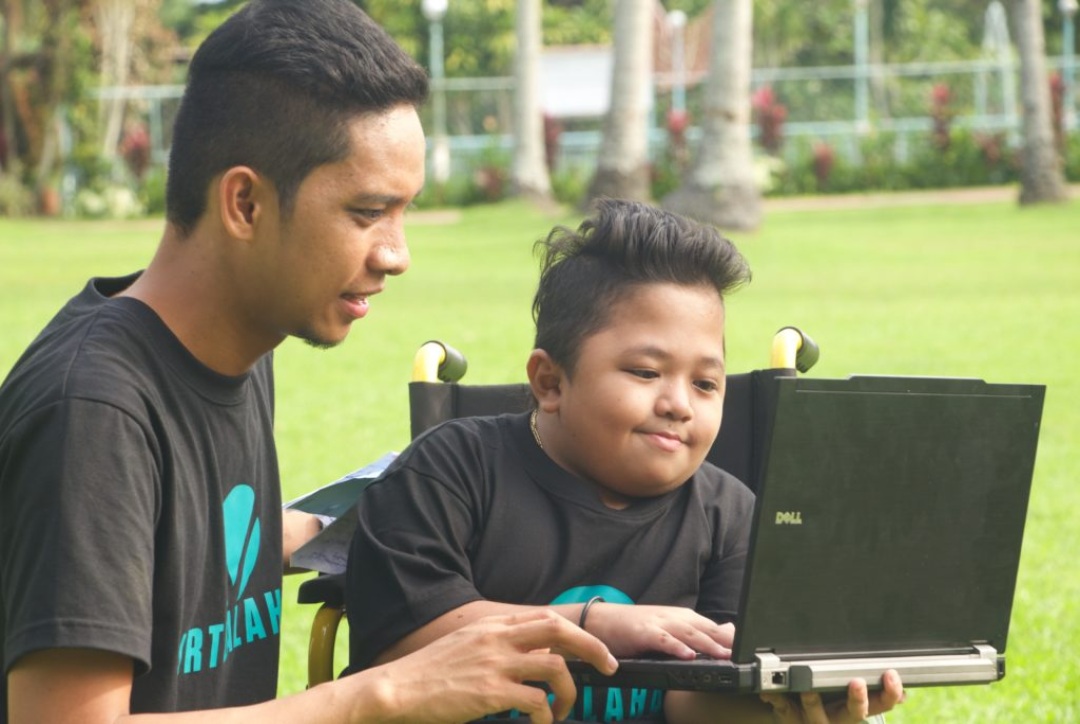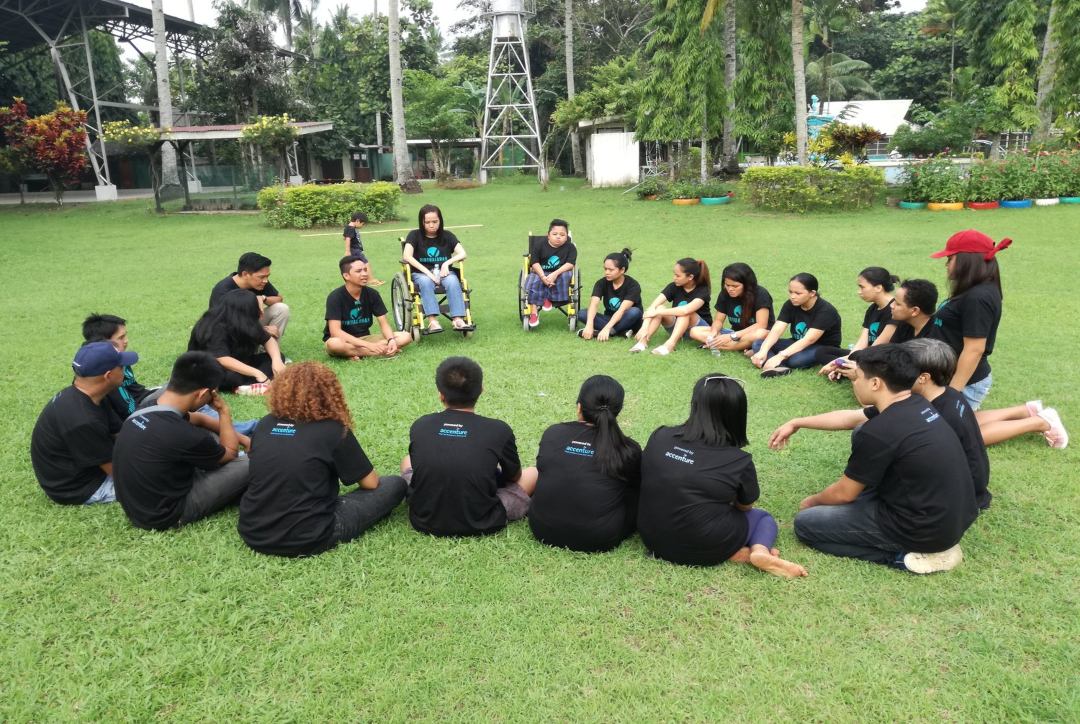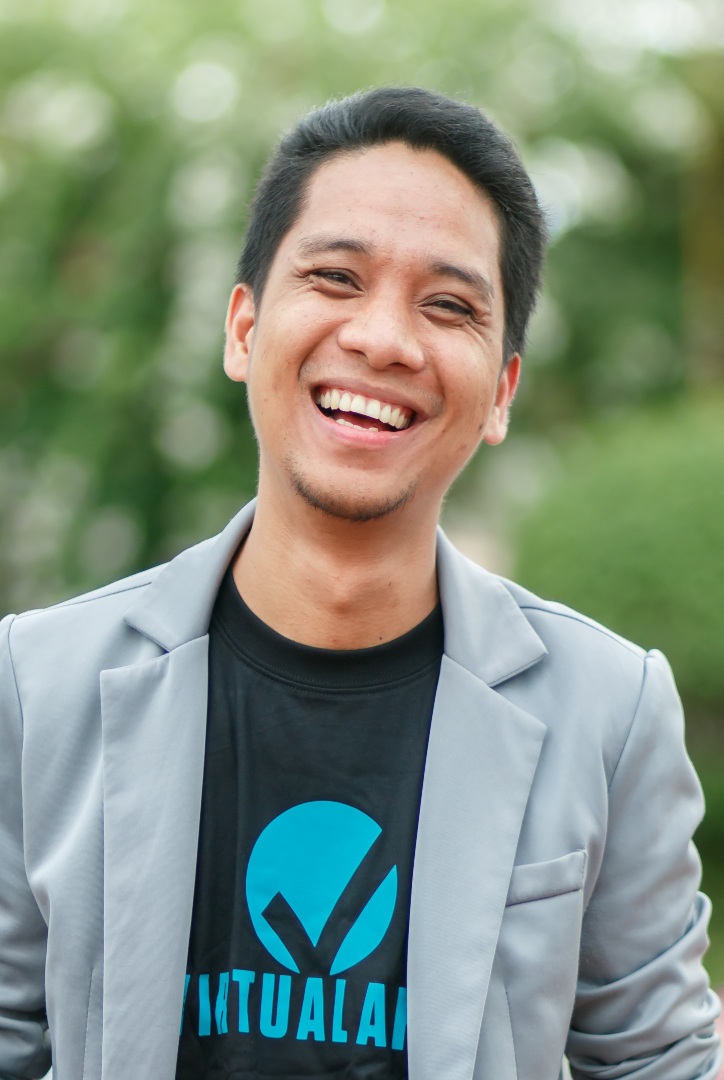No Filipino will be left behind as Virtualahan aims to break down employment barriers.
Recently, Philippine Statistics Authority reported that the unemployment rate declined from 8.8 percent to 7.1 percent in the last two months. This means that Filipinos are starting to regain their jobs since the height of the enhanced community quarantine (ECQ) last year. The pandemic is still not done, but it’s already certain to leave scars in our economy. Philippine state economists say that more Filipinos will remain unemployed and below the poverty line until 2022. On top of the pandemic, part of the percentage of joblessness of many has something to do with discrimination. That’s what the Filipino virtual school, Virtualahan, aims to address.

Ryan Gervasa, the founder of Virtualahan, was a victim of discrimination himself. He was excluded from jobs he was qualified for because of his incurable medical diagnosis despite earning a degree. He shared in an interview, “Our outdated labor practice still requires applicants to get a medical certificate for an entry-level job. Another reason leading to the unemployment of PWDs and other excluded groups is their lack of skills to qualify for a job.”
Gervasa recognized that something needed to be done. That’s why in 2015, this social enterprise based in Davao was founded. Virtualahan helps give scholars who are socially excluded access to work. Their program incorporates life coaching, skills upgrade, apprenticeship, job coaching, and advocacy in their program. Here are some of the ways Virtualahan helps building an inclusive present and hopeful future for Filipino laborers.
Inclusion
Gervasa hopes for better institutional support for PWDs, solo parents, former sex workers, recovering drug addicts, people in jail, out-of-school youths, indigenous peoples, and other excluded communities.
“[I would like to extend] an invitation for people in decision-making roles to rethink how we see work and the value of diversity and inclusion,” he says. For him, employing PWDs can help transform an organization and should be seen as assets, and not accessories.

Virtualahan provides hope for people who thought their lives were bound to be limited because of their disabilities. Eliza Lorica, who has Congenital Glaucoma since birth, is one of the people Virtualahan helped. She shares, “I’ve never seen the faces of the people who are dear to me. I’ve never seen how the light looks like because I was born blind.”
Employment was hard at first, but training with Virtualahan opened doors of opportunities for her. She’s now works as an English teacher in Khon Kaen School for the Blind. She shares, “Just recently, I received my first salary and it feels empowering that I could finally provide for myself after a long time of being unemployed.”
Hope
Gervasa proves that people who are disadvantaged and discriminated can’t wait all their lives for people in authorities to have time to listen to their needs. People like him proves that Philippines’ will never face a doomed a future because of Filipinos’ innate bayanihan traits. That there will always going to be a Filipino who will rise above incompetencies surrounding us especially this time.

People like Gervasa exist, but there is inattention from those who are seated in power, so they must be held accountable. Our hope for the next election is that it will produce leaders who are going to do these jobs for us. We cannot keep on relying on our bayanihan.
Related:
Where Should We Stand On The Next Big News To Erupt In Social Media?
Asian Hate And Violence: Filipinos Speak Up
What Happened On The Very First Labor Day In The Philippines?







